Relics of musician Phan Huynh Dieu at the art exhibition "Phan Huynh Dieu - The returning bird". Photo: Tran Le Lam/VNA
Ten years is not too long in the flow of history, but it is enough for the public to look back and appreciate more the artistic value as well as the noble personality of him - the man who devoted his whole life to offering immortal songs.
Musician Phan Huynh Dieu was born on November 11, 1924, in Da Nang, originally from Dien Ban, Quang Nam , the land of folk songs, melodies and patriotic traditions. Since his childhood, music has become a part of his flesh and blood. He once confided: "I clearly remember when I was 7 years old, my mother often sang and lulled my baby to sleep, the words my mother sang to me were so beautiful that they left a deep impression on my heart." At the age of 16, he wrote his first song "Betel and Areca", inspired by a folk play, opening a journey of several decades devoted to music.
Phan Huynh Dieu's musical career is closely linked to the modern history of Vietnam. He was a soldier in two resistance wars, lived and composed on fierce battlefields. Therefore, revolutionary music was the first strong stream in his compositions. The song "Liberation Army" (later changed to "National Defense Army"), released in 1945, became a symbol of the revolutionary spirit. The 2/4 marching rhythm urges like the footsteps of soldiers on the march, the powerful lyrics "Go, go to preserve the mountains and rivers" are both the artist's oath and the heroic call of the times.
From the time of the resistance war against the French colonialists to the years of the war against the US to save the country, his music continuously fueled the spirit of the army and people. Songs such as “Winter Soldiers”, “Day and Night March”, “Life is Still Beautiful”, “My Hometown in the South”… all carried an optimistic spirit amidst the fire and smoke. In particular, “Day and Night March” was composed from the poem of Bui Cong Minh, and became a resistance love song that touched people’s hearts, resounding from the battlefield to the rear, from field hospitals to national radio waves.
Although he writes about war, his music is still full of lyricism. Phan Huynh Dieu has a talent for "romanticizing" revolutionary songs. His songs have sweet, gentle and profound melodies, imbued with the folk music of the Central region. To him, "Life is still so beautiful! Love is still so beautiful!" - that is not just a song but the life philosophy of an artist who always sees beauty in the midst of hardship.
Besides revolutionary music, love songs are a particularly prominent composition in Phan Huynh Dieu's musical legacy. Music researcher Nguyen Xuan Khoat once called him "the musician of love", because most of the more than 100 songs he left behind were love songs, including many very famous poems, such as: "Anh o dau song, em cuoi song", "Soi nho mien thuong", "O hai dau noi nho", "Thuyen va bien", "Bong cay Kônia", "Tho tinh cuoi mua thu"...
What is special is that love in Phan Huynh Dieu's music is always closely linked to the country and the times. The love stories always carry within them the sense of separation, sacrifice and the desire for reunion amidst the flames of war. The song "Soi nho mien thuong" (set to Thuy Bac's poem) is about a girl missing her lover while marching between the two Truong Son ranges, written by him in the style of Nghe Tinh folk songs. Or "Cuc doi van dep sao" (set to Duong Huong Ly's poem) is an optimistic march but still imbued with romantic emotions in the context of his illness.
Musician Phan Huynh Dieu also has an uncanny ability to breathe life into poetry. He once compared: “Poetry and music are like twin sisters. Poetry has one wing, music has the other wing to make the work fly.” More than half of his collection consists of poetic versions and many simple poems have been “reborn” through melody. Musician Phong Nha once commented: “If in Trinh Cong Son, the words surpass the music, then in Phan Huynh Dieu, the music surpasses the poetry.”
A typical example is “Kônia Tree Shadow”, set to poetry by Ngọc Anh. Although he knew this poem since 1959, it was not until he lived and composed in the Central Highlands battlefield, imbued with the atmosphere of the mountains and forests, the national identity of the place, that the melody emerged. The song, released in 1971, has become an immortal symbol of love, nostalgia and loyalty.
In addition, the harmony between him and Xuan Quynh's poetry also created two famous works, "Boat and the Sea" and "Love Poem at the End of Autumn". If "Boat and the Sea" is a haunting love song about the anguish of love, then "Love Poem at the End of Autumn" has the melody of a Northern folk song, gentle as the breath of autumn, like the footsteps of two lovers on a carpet of yellow leaves, like a gentle sadness holding on to past love.
Not only a composer, Phan Huynh Dieu is also an exemplary artist, devoted to the organization, deeply attached to the Vietnam Musicians Association, accompanying the young, the elderly, and the public. His image with a bright smile, a hearty voice and a heart full of music are still remembered by the audience on the stage of "Tieng hat mai xanh" - the television program that was associated with him until the end of his life.
On June 29, 2015, he breathed his last after a period of fighting illness. According to his will, his ashes were scattered in the Han River - the hometown river that nurtured the artist's soul. A simple, peaceful return, true to his personality and music: no ostentation, no frills, just quietly seeping into people's hearts like an underground stream nurturing memories.
Ten years after his passing, Phan Huynh Dieu's works still resonate in many art programs across the country. On the occasion of the 100th anniversary of his birth (November 11, 1924 - November 11, 2024), many memorial activities, talks, and music nights were held in Da Nang, Hanoi , and Ho Chi Minh City as a deep gratitude to the person who lived a full life with music.
Phan Huynh Dieu - "the golden bird of Vietnamese music" - has flown away to the deep blue, but his "singing voice" still resonates forever. The songs he wrote are not only music, but also memories, the national soul, love for humanity and the desire to live beautifully. Although time has passed, those melodies continue to "call the name" of the talented artist with all the love and admiration.

According to VNA
Source: https://baoangiang.com.vn/nhac-si-phan-huynh-dieu-muoi-nam-vang-bong-bao-tinh-khuc-van-vut-bay-a423209.html



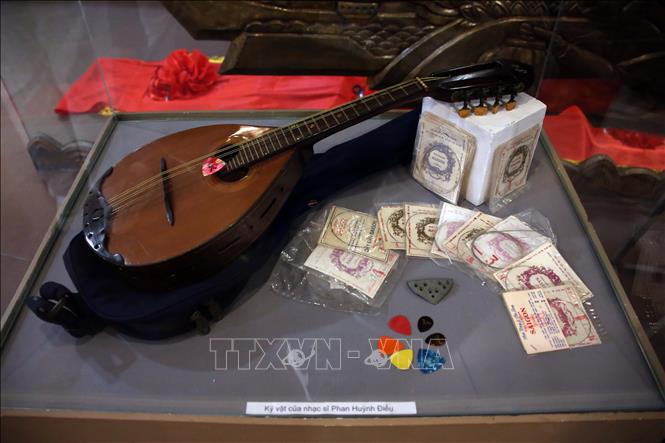

![[Photo] President Luong Cuong receives Speaker of the New Zealand Parliament Gerry Brownlee](https://vphoto.vietnam.vn/thumb/1200x675/vietnam/resource/IMAGE/2025/8/29/7accfe1f5d85485da58b0a61d35dc10f)
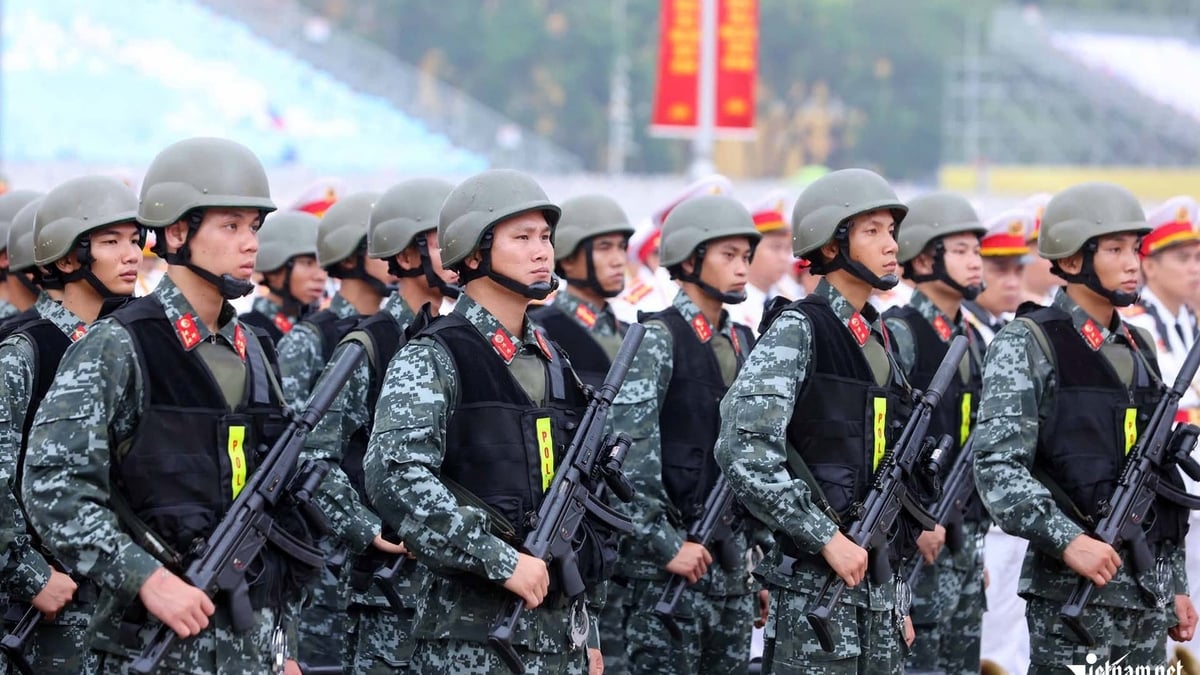
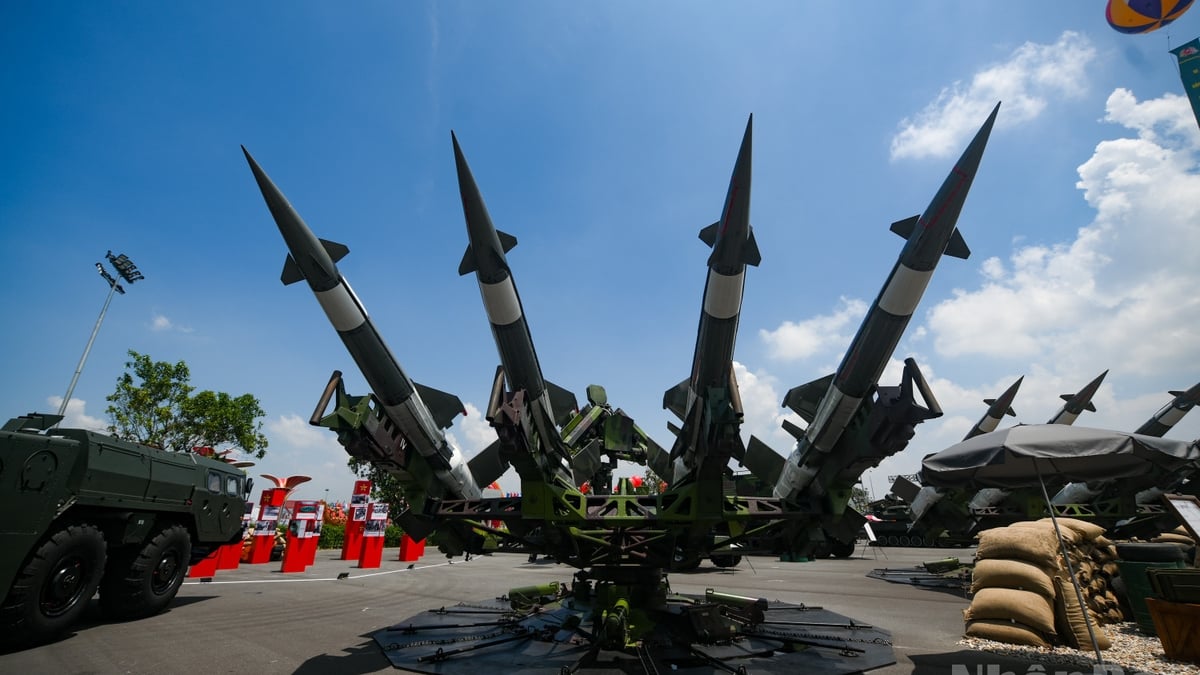


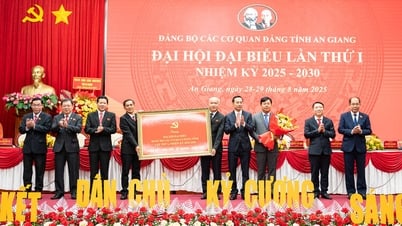
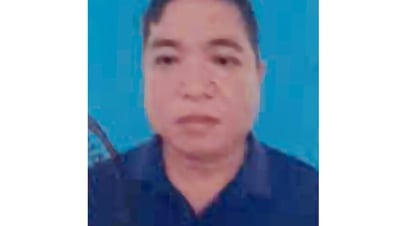
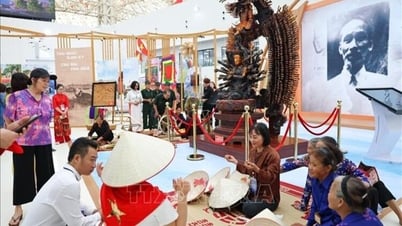
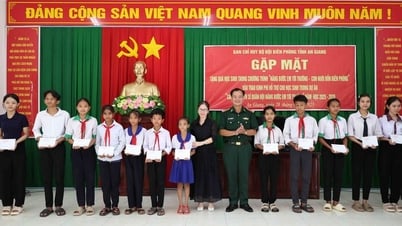

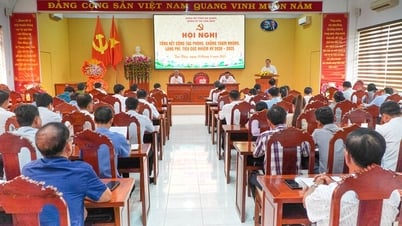










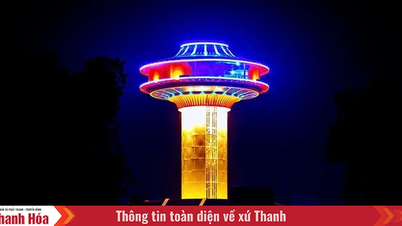








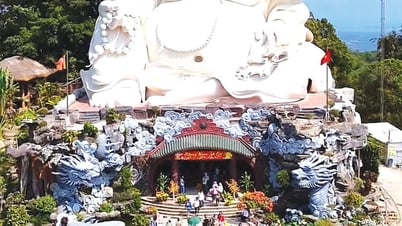
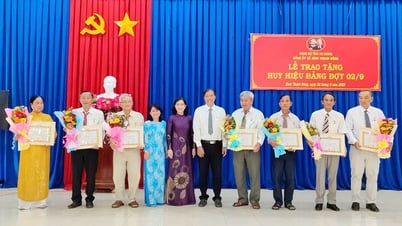

![[Photo] Hanoi is ready to serve the occasion of the 80th National Day Celebration on September 2nd](https://vphoto.vietnam.vn/thumb/1200x675/vietnam/resource/IMAGE/2025/8/29/c838ac82931a4ab9ba58119b5e2c5ffe)







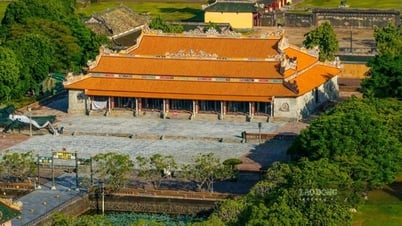


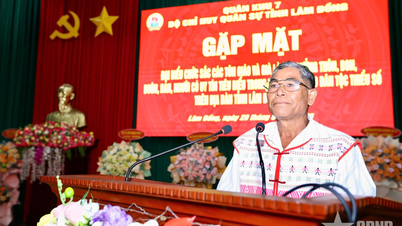

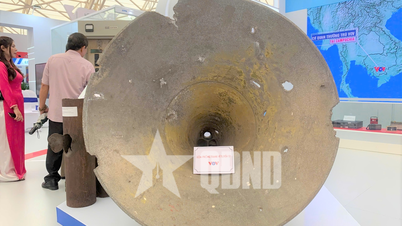


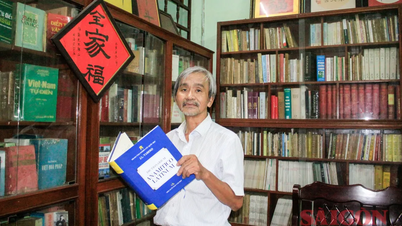











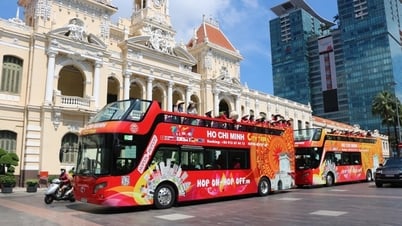


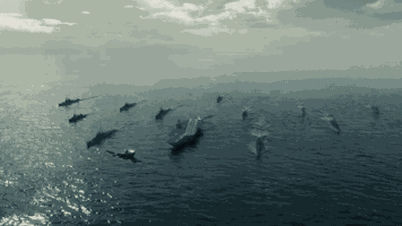



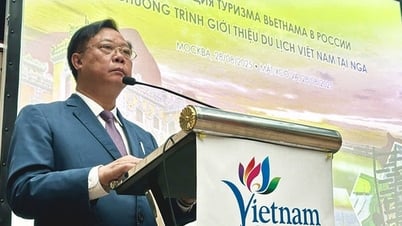





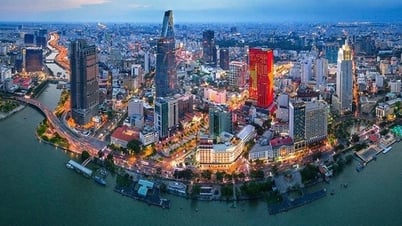


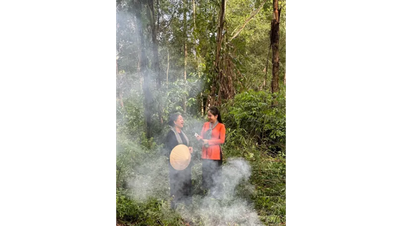















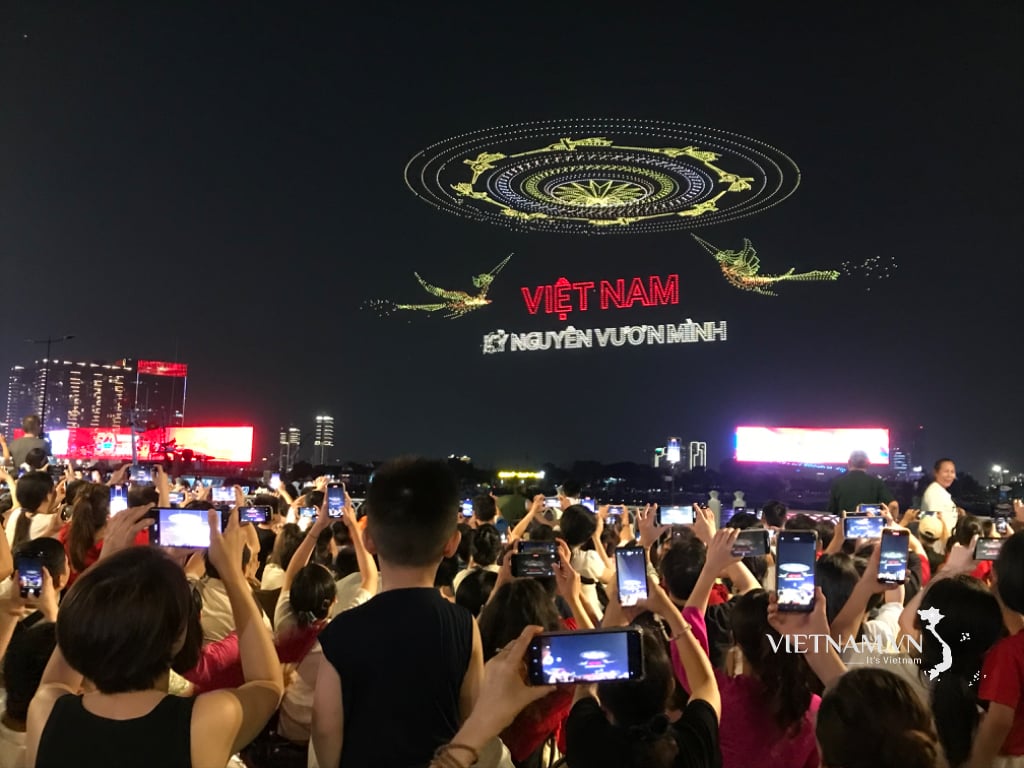


Comment (0)